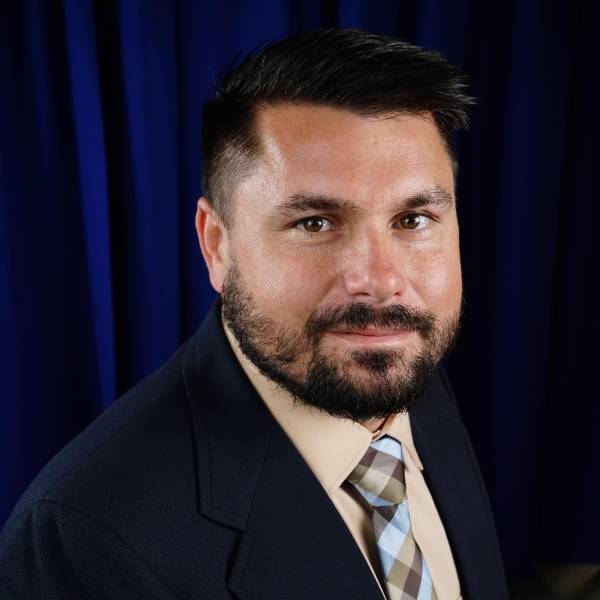
Basil Conway, D.Phil.
Associate Professor
Teacher Education, Leadership & Counseling, Department of
Frank Brown Hall 3334
Education - K-12, Mathematics, Teaching
Education and Certifications
- B.S., Math Education, Auburn University, 2005
- M.S., Applied Statistics, Colorado State University, 2010
- M.S., Mathematics Education, Auburn University, 2012
- D.Phil., Mathematics Education, Auburn University, 2015
Biography
Basil previously spent 10 years teaching in public middle and high schools before he became a teacher educator. During this time, he also worked as an instructor at a local junior college. Over his extensive years of service in teaching mathematics and future teachers of mathematics, he has served in various local mathematics education leadership positions and organizations, including Transforming East Alabama Mathematics (TEAM-Math), Auburn University's Teacher Leader Academy, East Alabama Council for Teachers of Mathematics, Woodrow Wilson Fellow, National Mathematics and Science Initiative, and A+ College Ready. He has published works related to teaching mathematics for social justice in numerous books and journals and has a special interest in statistics education.
Basil's lens for teaching and student learning draws heavily from Vygotsky's theory of social constructivism, in which language and culture play essential roles in human intellectual development. Thus, he believes the co-construction of knowledge is paramount in the development of students' social, religious, and mathematical identities. He believes teachers, parents, other students, cultural norms, and other cultural communicative devices play a critical role in shaping students' knowledge of themselves, faith, and mathematics.
Academic Areas
Mathematics Education, Statistics Education, Teaching for Social Justice, and Equity, Access, and Empowerment